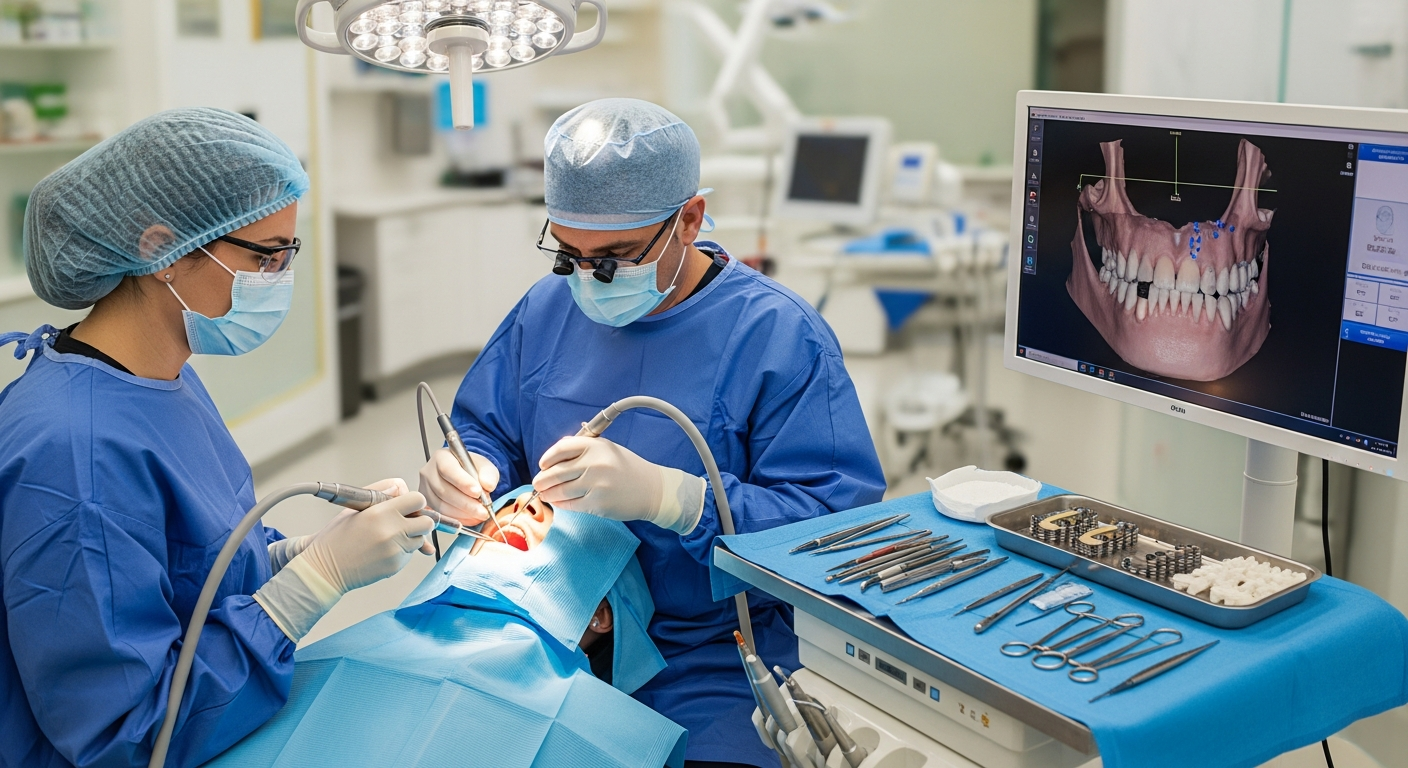The Gut Microbiome: A Nutritional Frontier
The human gut microbiome has emerged as a critical factor in overall health and well-being, revolutionizing our understanding of nutrition and disease. This complex ecosystem of trillions of microorganisms residing in our digestive tract plays a crucial role in various bodily functions, from digestion to immune response. Recent research has unveiled the profound impact of diet on the composition and function of the gut microbiome, leading to a paradigm shift in nutritional science. As we delve deeper into this fascinating realm, it becomes increasingly clear that the foods we consume not only nourish us but also shape the microbial communities within our bodies, ultimately influencing our health in ways we are only beginning to comprehend.

As research progressed, scientists began to uncover the myriad ways in which the gut microbiome influences various aspects of human physiology. From metabolism and nutrient absorption to immune function and even brain health, the impact of these microscopic inhabitants became increasingly evident. This newfound knowledge has paved the way for novel approaches to nutrition and disease management, emphasizing the importance of maintaining a healthy and diverse gut microbiota.
The Role of Diet in Shaping the Gut Microbiome
Diet plays a crucial role in determining the composition and function of the gut microbiome. Different types of foods serve as substrates for specific bacterial populations, effectively shaping the microbial landscape within our digestive tract. For instance, a diet rich in fiber and plant-based foods tends to promote the growth of beneficial bacteria such as Bifidobacterium and Lactobacillus species. These microbes are known for their ability to ferment dietary fiber, producing short-chain fatty acids (SCFAs) that have numerous health benefits, including improved gut barrier function and reduced inflammation.
Conversely, diets high in processed foods, saturated fats, and refined sugars can lead to an imbalance in the gut microbiome, known as dysbiosis. This state is characterized by a reduction in microbial diversity and an overgrowth of potentially harmful bacteria. Dysbiosis has been linked to various health issues, including obesity, inflammatory bowel disease, and even certain types of cancer.
The Microbiome-Gut-Brain Axis: A New Frontier in Nutrition
One of the most intriguing discoveries in recent years is the existence of a bidirectional communication pathway between the gut microbiome and the central nervous system, known as the microbiome-gut-brain axis. This complex network involves neural, endocrine, and immune signaling mechanisms that allow gut bacteria to influence brain function and behavior, and vice versa.
Research has shown that the gut microbiome can affect mood, cognition, and even mental health through various mechanisms, including the production of neurotransmitters and the modulation of the stress response. For example, certain strains of Lactobacillus and Bifidobacterium have been found to produce gamma-aminobutyric acid (GABA), a neurotransmitter that plays a crucial role in regulating anxiety and depression.
This emerging field of study has profound implications for nutritional approaches to mental health. As we gain a deeper understanding of the microbiome-gut-brain axis, dietary interventions targeting the gut microbiome may become an increasingly important component of mental health treatment and prevention strategies.
Personalized Nutrition: Tailoring Diets to Individual Microbiomes
The recognition of the gut microbiome’s pivotal role in health has given rise to the concept of personalized nutrition. This approach acknowledges that individuals may respond differently to the same foods based on their unique microbial profiles. By analyzing an individual’s gut microbiome composition, nutritionists and healthcare providers can develop tailored dietary recommendations to optimize health outcomes.
Several companies now offer microbiome testing services, allowing consumers to obtain detailed information about their gut bacterial populations. While the field is still in its infancy, early studies have shown promising results. For instance, researchers have found that personalized dietary interventions based on microbiome profiles can lead to improved glycemic responses in individuals with prediabetes.
As technology advances and our understanding of the gut microbiome deepens, personalized nutrition strategies are likely to become increasingly sophisticated and effective. This shift towards individualized dietary recommendations represents a significant departure from the one-size-fits-all approach that has long dominated nutritional science.
Probiotics and Prebiotics: Nurturing a Healthy Gut Ecosystem
The growing awareness of the gut microbiome’s importance has led to a surge in interest in probiotics and prebiotics as dietary supplements. Probiotics are live microorganisms that, when consumed in adequate amounts, confer health benefits to the host. These beneficial bacteria can help restore balance to the gut microbiome, particularly after disruptions caused by factors such as antibiotic use or illness.
Prebiotics, on the other hand, are non-digestible food components that selectively promote the growth and activity of beneficial gut bacteria. Common prebiotics include certain types of dietary fiber, such as inulin and fructooligosaccharides, which are found in foods like chicory root, Jerusalem artichokes, and bananas.
While the potential benefits of probiotics and prebiotics are promising, it’s important to note that their effects can be highly strain-specific and context-dependent. As research in this area continues to evolve, we are likely to see more targeted and effective probiotic and prebiotic interventions tailored to specific health conditions and individual microbiome profiles.
Future Directions and Challenges in Microbiome-Based Nutrition
As our understanding of the gut microbiome continues to grow, so too does the potential for microbiome-based nutritional interventions. Emerging areas of research include the development of designer probiotics engineered to target specific health conditions, the exploration of postbiotics (beneficial compounds produced by gut bacteria), and the investigation of the role of the gut virome (the collection of viruses in the gut) in human health.
However, several challenges remain in translating microbiome research into practical nutritional recommendations. These include the complexity of microbial interactions, the high degree of individual variability in microbiome composition, and the need for more long-term studies to assess the safety and efficacy of microbiome-targeted interventions.
Despite these challenges, the future of nutrition science looks increasingly intertwined with gut microbiome research. As we continue to unravel the intricate relationships between diet, gut bacteria, and human health, we may find ourselves on the cusp of a new era in nutritional medicine – one that recognizes the profound influence of our microbial partners in shaping our health and well-being.




